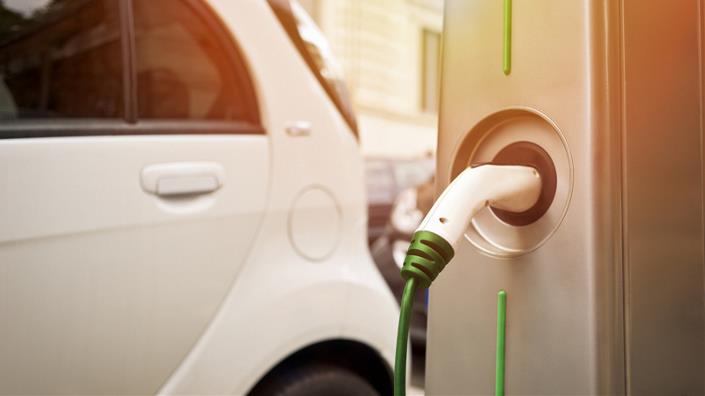
A new form of supercapacitor based on soft contact lens technology could allow electric cars to be refuelled as quickly as petrol ones.
Hertfordshire-based firm Superdielectrics unveiled the breakthrough 14 months ago, and has spent the intervening period verifying and improving the invention in conjunction with the Universities of Bristol and Surrey.
Existing supercapacitors have practical capacitance values of 0.3 farad per square centimetre, but researchers from the universities were able to achieve results of between 11 and 20F/cm2 when using specially treated stainless-steel electrodes.
If these values can be replicated in production, supercapacitors could potentially achieve similar or greater energy densities than lithium-ion batteries, which would be a potential game changer for electric vehicles.
Currently, it can take up to eight hours to fully recharge an electric car, or at least half an hour with the fastest rapid-charging technology. This development could shorten that time to minutes, according to the researchers.
“These results are extremely exciting and it is hard to believe that we have come so far in such a short time,” said Brendan Howlin, senior lecturer in computational chemistry at the University of Surrey. “We could be at the start of a new chapter in the technology of low-cost electrical energy storage that could shape the future of industry and society for many years to come.”
The polymer builds on work by Donald Highgate, director of research for Superdielectrics, that started in the late 1970s with extended-wear soft contact lenses. “The present work, if it can be translated into production, promises to make rapid charging possible for electric vehicles, as well as offering a low-cost method of storing the transient output from renewable energy systems,” he said.
